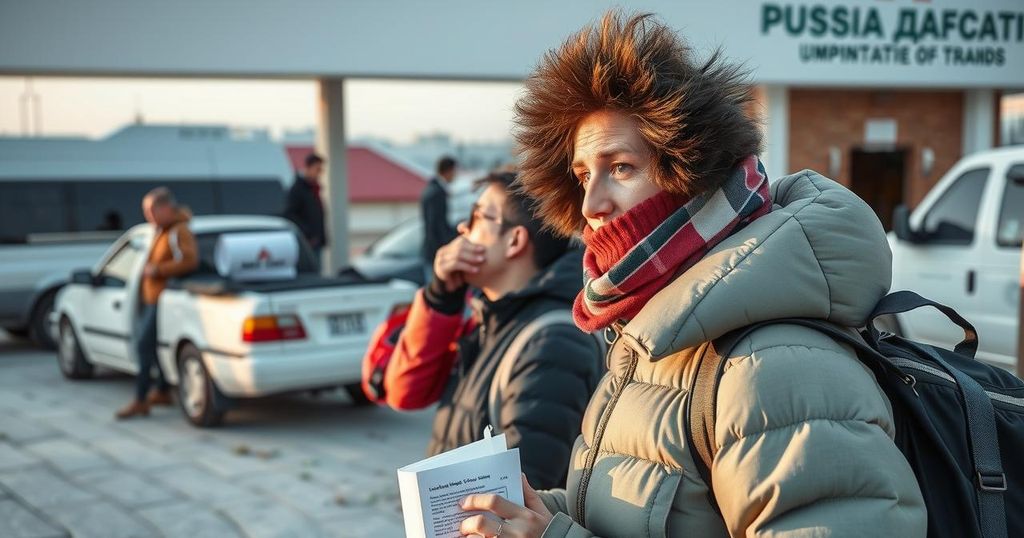Central Asian Migrants Turn to New Destinations Amid Russian Economic Decline

As economic conditions in Russia deteriorate, Central Asian migrants, including those from Kazakhstan and Uzbekistan, are increasingly seeking work in East Asia and Western countries. While these regions offer higher salaries, migrants encounter new challenges such as language barriers and scams. The economic situation in Russia, compounded by geopolitical tensions and hostility towards migrants, has led to a notable decline in their safety and employment opportunities. Many are falling victim to fraudulent employment schemes, particularly in Europe and the United States.
Faced with economic instability and rising hostility in Russia, numerous Central Asian migrants are seeking employment opportunities in alternative regions such as East Asia and the West. While salaries in these locations tend to be higher, migrants encounter significant challenges including stringent regulations, language barriers, and cultural differences. Sanat Zhusipbek, a migrant from Kazakhstan now residing in South Korea, has experienced lower salaries and more police scrutiny, illustrating the precarious situation many Central Asians face abroad. The situation in Russia has deteriorated, particularly following its invasion of Ukraine, leading to a decline in migrants’ safety and employment prospects. Consequently, there has been a notable movement of workers to countries like South Korea, where remittances from Uzbeks alone reached approximately $450 million in 2024. However, illegal employment and scams targeting Central Asian migrants seeking opportunities in the West have proliferated, exemplified by cases where individuals have lost significant sums of money while pursuing fraudulent job offers.
For many years, Russia has been the primary destination for Central Asian migrants who leave their home countries in search of better employment prospects. However, recent economic downturns, exacerbated by international sanctions and rising tensions due to the geopolitical climate, have diminished Russia’s attractiveness. Economic struggles are further compounded by concerns over deportations and incidents of violence against migrants, prompting many to seek stability in countries such as South Korea or in Western nations, despite the presence of new challenges.
In summary, Central Asian migrants are increasingly navigating a complex landscape characterized by economic adversity and significant challenges as they seek employment opportunities outside Russia. As movements towards East Asia and the West increase, it is imperative for outreach and support mechanisms to be strengthened, focusing on protection against exploitation and ensuring equitable job placement processes for all migrants. The rise in scams and illegal employment practices demand immediate attention from authorities to safeguard the rights and welfare of these vulnerable populations.
Original Source: www.rferl.org







